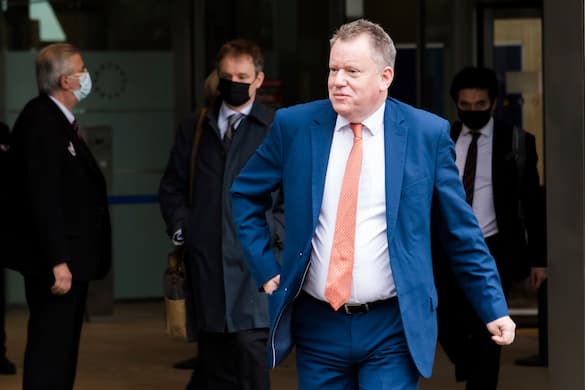Britons Need To Talk About Brexit More, Lord Frost Says to Tory Underdogs Who Are Now Far Behind Labour in the Polls
‘Yes the polls are bad, but there is still everything to play for,’ says the Conservative who negotiated the independence of Britain from Europe.

“We need to talk about Brexit more.” Such advice from Baron David Frost of Allenton does not come lightly. Prime Minister Boris Johnson’s point man in the United Kingdom’s negotiations on independence from the European Union, Lord Frost was speaking before a recent Conservative conference at Newcastle.
Please check your email.
A verification code has been sent to
Didn't get a code? Click to resend.
To continue reading, please select:
Enter your email to read for FREE
Get 1 FREE article
Join the Sun for a PENNY A DAY
$0.01/day for 60 days
Cancel anytime
100% ad free experience
Unlimited article and commenting access
Full annual dues ($120) billed after 60 days

